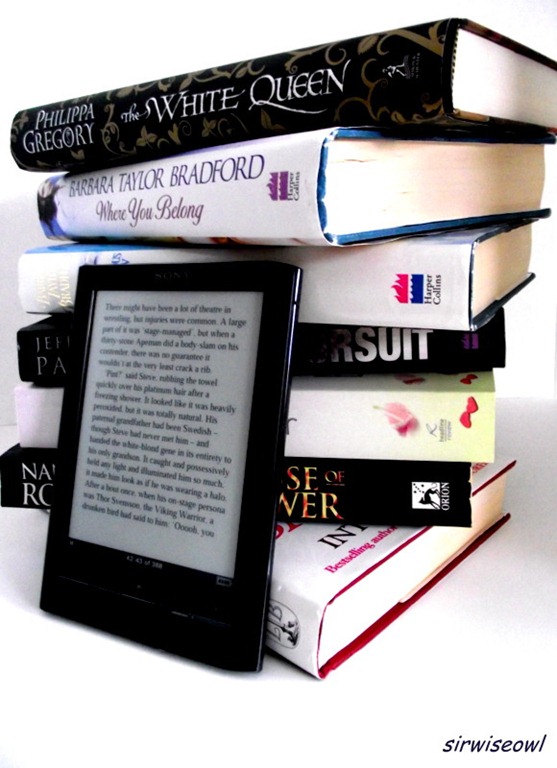 A post by Robert McCrum on the Guardian books blog on “the power of paper in the digital era” didn’t turn out the way I thought it was going to from the headline. I expected it to be another one of those “paper books rule, e-books drool” stories we’ve been seeing with increasing frequency lately, but instead it took quite a different approach.
A post by Robert McCrum on the Guardian books blog on “the power of paper in the digital era” didn’t turn out the way I thought it was going to from the headline. I expected it to be another one of those “paper books rule, e-books drool” stories we’ve been seeing with increasing frequency lately, but instead it took quite a different approach.
McCrum discusses the dichotomy of paper archives and digitization. Thanks to digital copies of records, author Sarah Thornhill was able to do much of the research for a historical novel based on her ancestors without ever leaving her home. Her access was digital, but if the original records hadn’t been written down they wouldn’t have survived long enough to be digitized.
He also mentions the University of East Anglia’s acquisition of 50 boxes of written and typed matter comprising novelist Robert Edric’s archive of drafts and other material from the last twenty years. (I always find it interesting when that sort of thing happens. Apparently when you’re a successful writer, institutions will happily archive what you’d otherwise toss out.)
What about the paper-free society? My suspicion, reading Edric’s comments, is that many writers keep a personal archive of work-in-progress, and probably don’t throw away old laptops or hard drives. And the great archives, like the Bodleian and the Harry Ransom Center in Texas, now have departments dedicated to decoding digital material.
McCrum ends by suggesting Jonathan Franzen may be right about “the enduring power of the printed book”, but I don’t quite see that as following from the rest of McCrum’s piece. McCrum is suggesting there’s a future to look forward to for both digital and paper works, whereas Franzen is glad he’ll be dead by the time print is.






























